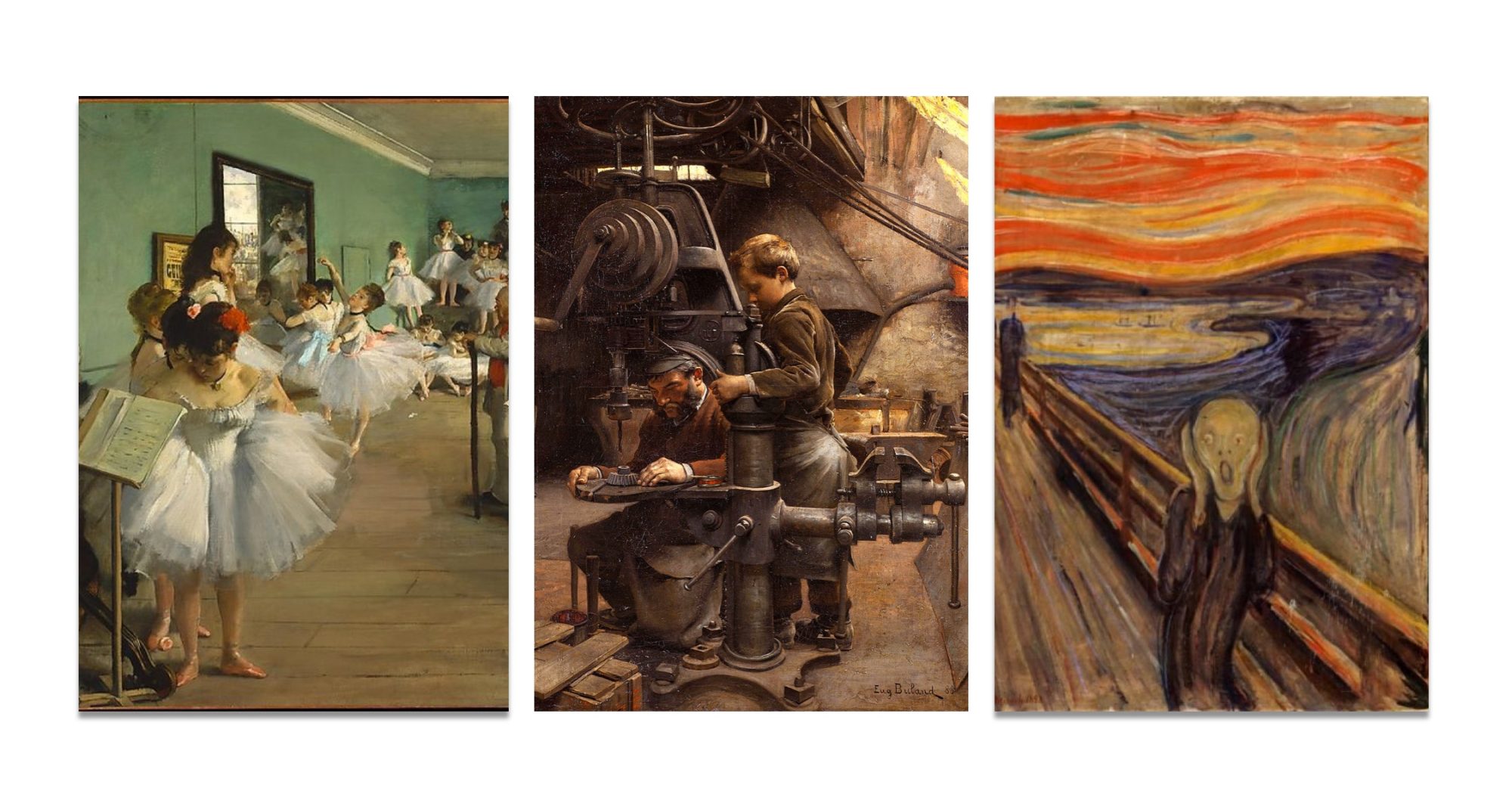These three pieces are what we discussed in class:
Rodin’s flesh and marble collection of art.
Symons’ discussion of Rodin’s work.
Bauldelaire’s poem about gambling.
We talked about the purpose for producing art, the purpose of the actual art, and if the two can be separated. I felt that they could because it’s possible to express a message about one part of your self without including all the pieces of themselves. But I don’t believe that you can take out all but one of your perspectives. For example, everything we see is through gendered-eyes. Before any other separation, we are either male, female, transgendered. To each thing we look at, we bring those eyes.
When someone creates a piece of art, they are trying to say something. But the baggage behind the words lags and drags full of all the different experiences that person has had and the various factors (culture, religion, family, class, race, gender, sexuality) that shape who we are are brought to the table. The prejudice anyone has (and I don’t mean in an accusatory negative way, but the tendencies of one’s choices) will affect the art they create, which will in turn affect the message they are trying to get across. It’s very difficult to ignore human nature. I can’t imagine how someone would be able to take themselves out of a situation and only bring one message to the table.
I related this to the poem, Gambling, which discusses not the act of gambling (cards on a table, coins in a slot, money on the table) but the experience of being a gambler and the blurred vision resulting from the addiction. But the second half of the poem goes in a different direction. The narrator reflects on the scene before them, “Leaning on my elbows, cold, silent, envying,
Envying the stubborn passion of those people”. It’s easy to picture someone leaning over a table or counter watching the scene described, but then the narrator has a change in heart in the last stanza realizing that his envies are misplaced, “My heart took fright at its envy of so many Wretches running fiercely to the yawning chasm, Who, drunk with their own blood, would prefer, in a word, Suffering to death and hell to nothingness!” The message here shows the split thoughts that the narrator has. Those thoughts are likely influenced by the author. Although things can be written about from a perspective other than our own, I believe you will see something that hints at our perspective. I don’t want to assume that the author has split feelings on gambling. Perhaps they’re a recovered gambler. There’s room to speculate, to guess what the author feels or may or have experienced in which brought him to create this piece. And this is artful.
